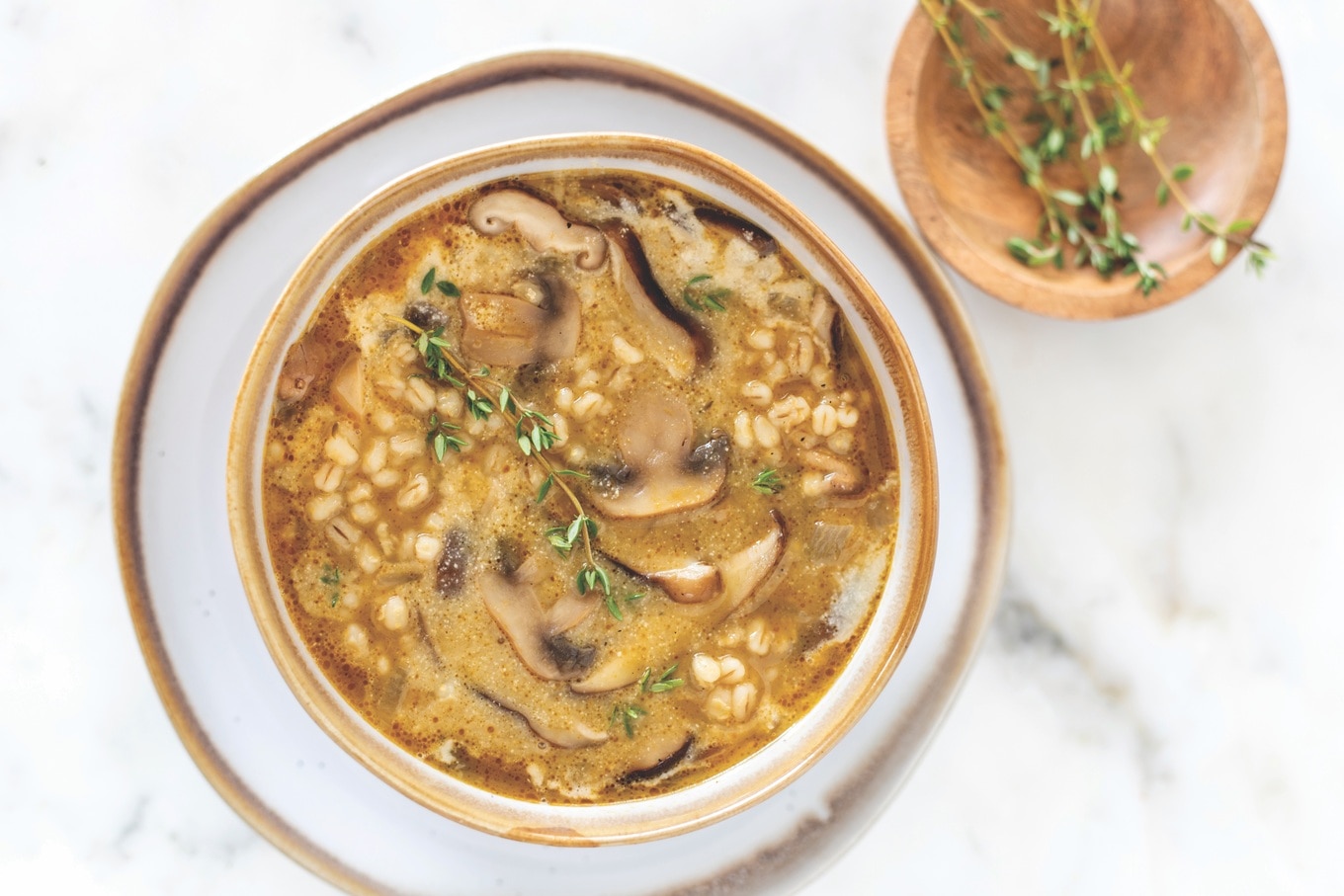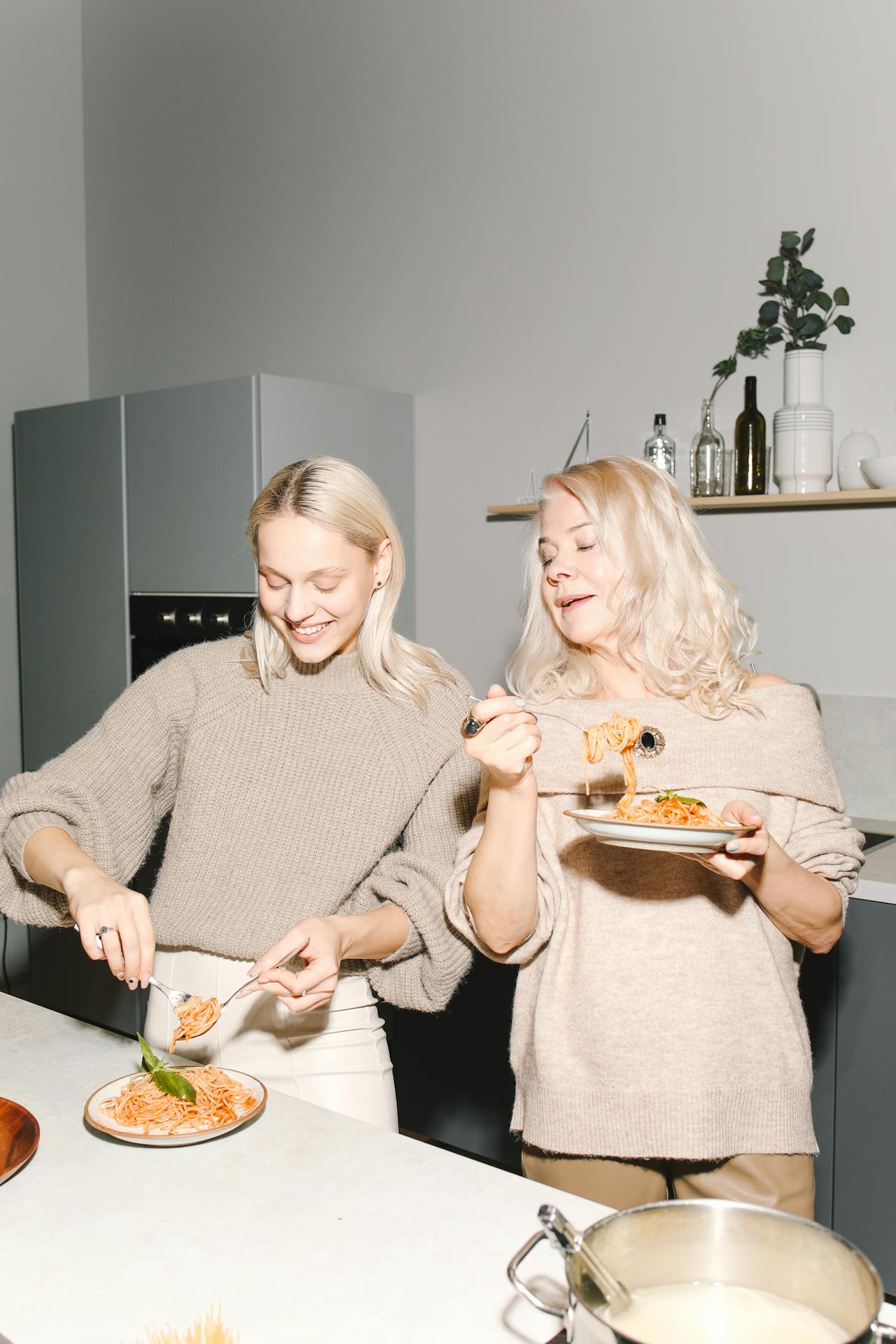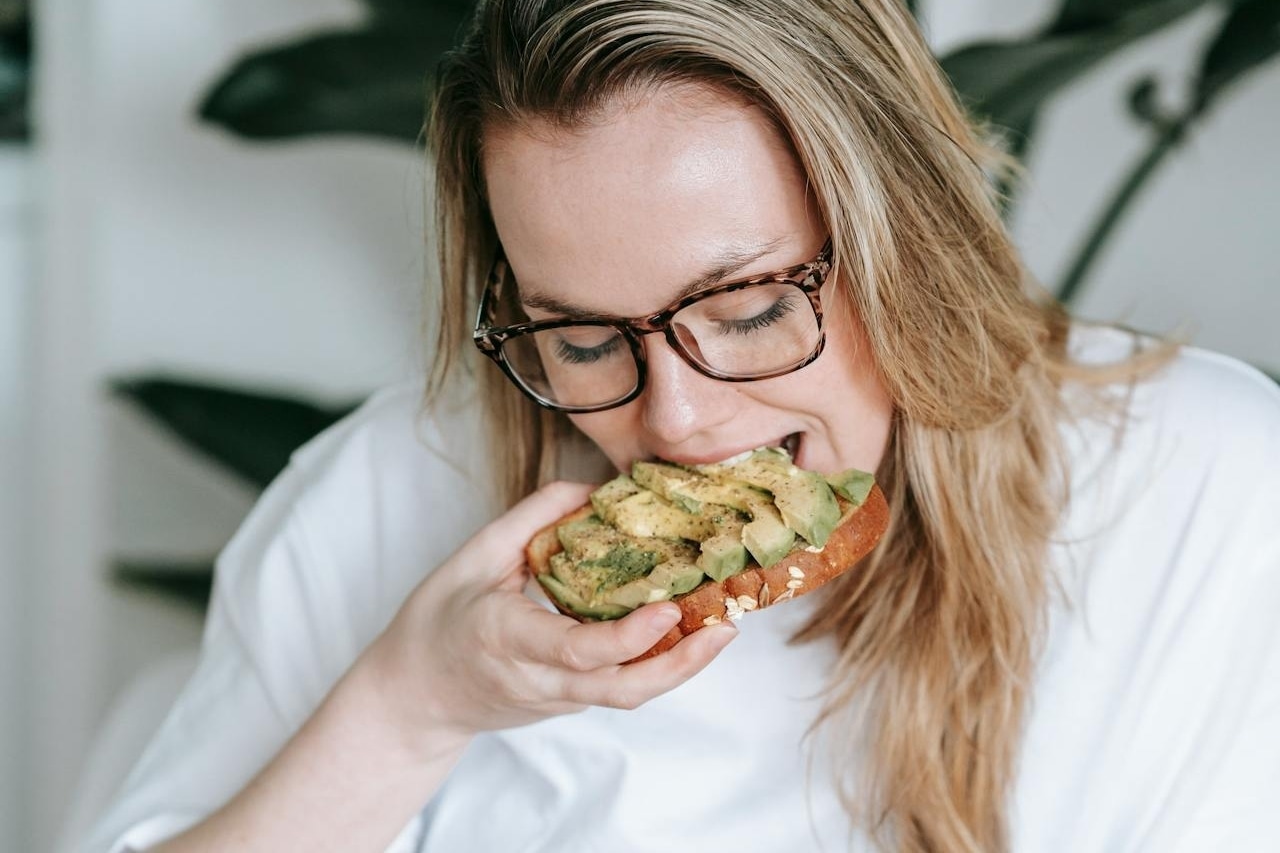The Supreme Court of the United States (SCOTUS) recently ruled against the meat industry’s challenge to California’s Proposition 12, a law that bans extreme confinement in animal agriculture and the sale of products derived from such practices.
First passed in 2018 with strong bipartisan support, Prop 12 establishes minimum space requirements for egg-laying hens, mother pigs, and veal calves in California, ensuring they are not confined to small cages. It also mandates that any eggs, pork, or veal sold in the state meet these space requirements, regardless of their origin.
Veronica White/Unsplash
Since its passing, the meat industry, represented by lobby groups such as the National Pork Producers Council (NPPC) and American Farm Bureau Federation (AFBF), has been striving to overturn Prop 12. They argue that complying with the welfare requirements outlined in the law imposes an “undue burden” on meat producers.
However, each court has ruled against these efforts, including the highest court of all. SCOTUS heard the case NPPC vs. Ross, which claimed that the law intentionally discriminates against out-of-state economic interests. In its ruling against the meat industry, SCOTUS cited that “[i]n a functioning democracy, those sorts of policy choices … belong to the people and their elected representatives.”
Various organizations have defended Prop 12 along the way, including Animal Outlook (AO) and Animal Legal Defense Fund (ALDF), and say that the recent SCOTUS ruling will have ripple effects for animals outside of California.
“Nearly all Americans care about animals and don’t want them to be treated cruelly,” Cheryl Leahy, AO Executive Director, tells VegNews. “We should be inspired and re-energized by this ruling.”
Table of Contents
What the Supreme Court’s decision means for animals everywhere
The use of gestation crates and other confinement mechanisms are not just limited to California and are routine within the industrial animal agriculture industry nationwide. Pigs confined in gestation crates endure significant suffering, experiencing both physical and psychological distress as they are unable to move or rest comfortably.
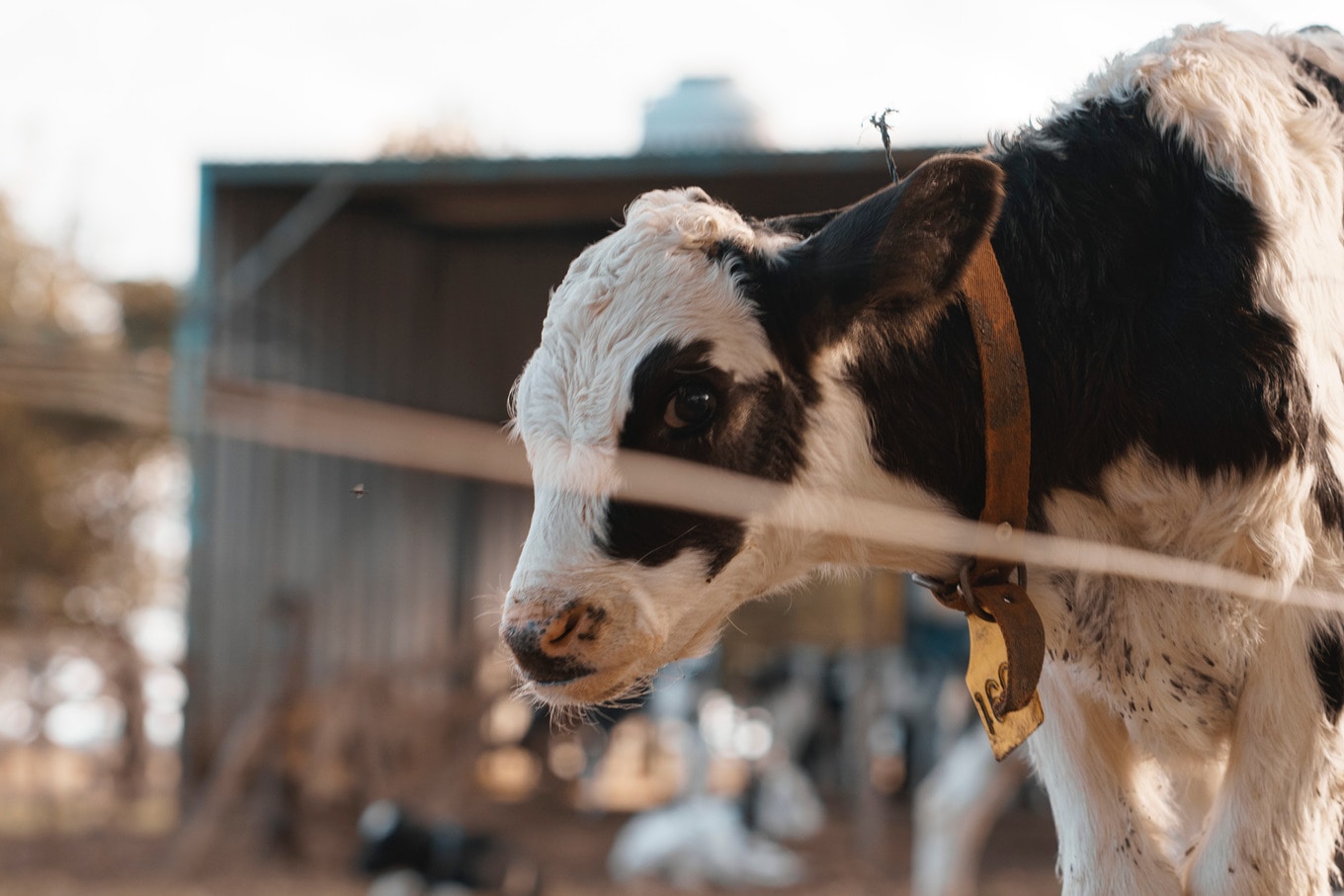 Julian Ame/Unsplash
Julian Ame/Unsplash
Similarly, baby cows raised for veal are separated from their mothers and confined to cramped crates, depriving them of the opportunity to engage in play, socialization, and nursing, which are vital for their well-being.
Prop 12 garnered broad support and national surveys show that 80 percent of voters across party lines support similar protections in their own states.
AO previously intervened to defend Prop 12 when it was being challenged, and conducted undercover investigations that revealed the suffering caused by practices that the law now bans.
“Getting a ruling from the highest court in the country confirming each of us has a right as citizens to refuse to be complicit in cruelty we find abhorrent is powerful,” Leahy says. “It is not the industry that gets to determine what is morally acceptable in society simply because they profit from that cruelty.”
ALDF also intervened to defend Prop 12 and managing attorney Amanda Howell says the SCOTUS ruling—which affirmed that the CA law does not violate the dormant Commerce Clause—is a small step forward for animals everywhere. “This is encouraging as more and more states are passing laws aimed at improving the welfare of animals by banning products that were produced using intensive animal confinement,” Howell tells VegNews.
Supporters of Prop 12 included the Humane Society of the United States (HSUS), the United Farm Workers, the National Black Farmers Association, the California Council of Churches, and the Consumer Federation of America.
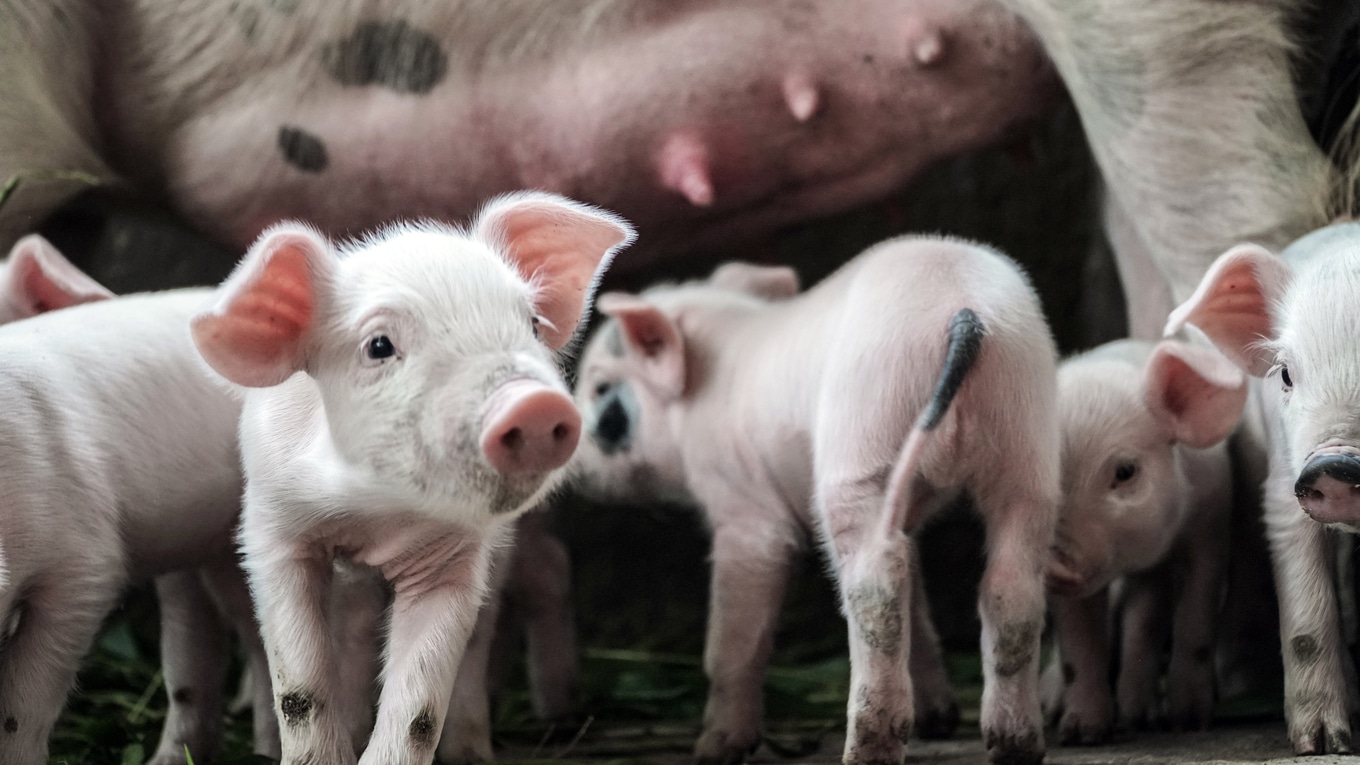 Unsplash
Unsplash
Rebecca Cary, a senior staff attorney in the animal protection law department of the HSUS, was heavily involved in the case. “The Court was unequivocal in its pronouncement that, ‘While the Constitution addresses many weighty issues, the type of pork chops California merchants may sell is not on that list,”’ Cary tells VegNews.
“The Court’s opinion gives the judicial ‘green light’ for further progress to be made on behalf of animals currently suffering from extreme confinement,” Cary says.
California’s Prop 12 is slated to go into effect on July 1, 2023 and producers of animal products covered by it that wish to sell them within the state must comply with the standards set forth in the law.
Future of animal welfare laws
Since SCOTUS’s May 11th ruling to uphold Prop 12, states outside of California have made progress in advancing their own animal welfare legislation. On May 25, New Jersey’s proposed legislation to ban gestation and veal crates (A1970) passed the state assembly by a 73-1 vote.
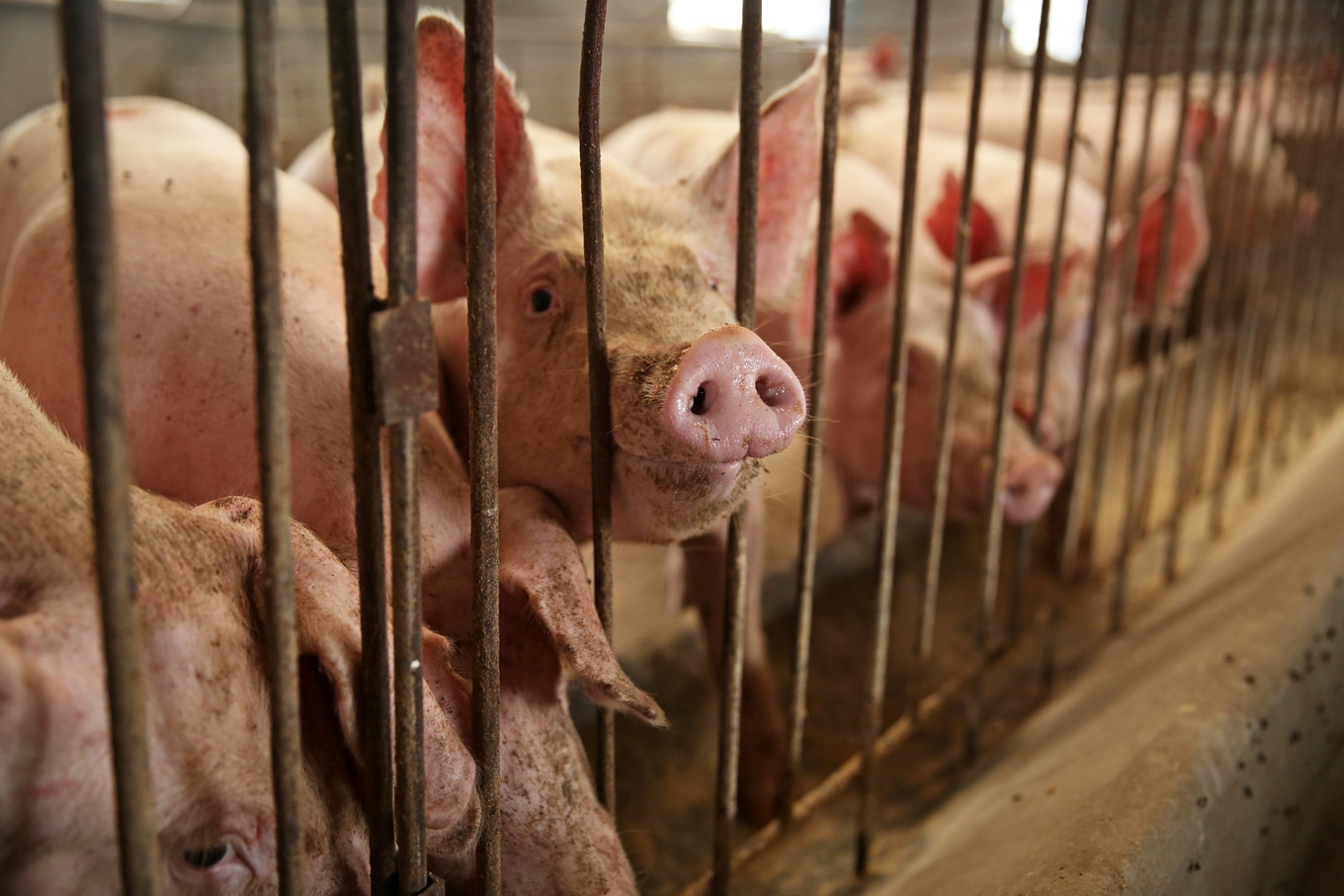 World Animal Protection
World Animal Protection
“World Animal Protection (WAP) is excited to be one step closer to welcoming New Jersey to the growing number of states standing up for farmed animals by banning the confinement of mother pigs and baby cows in cruelly small crates,” Cameron Harsh, WAP Programs Director, said in a statement.
“The Assembly bill’s passage marks another important step toward ensuring that no pig or cow in the US is forced to spend their lives in a box,” Harsh said. “It’s long past time for the federal government to step up and ban this cruelty for good.”
Despite this progress on a state level, as Harsh mentions, animals exploited for agriculture do not have federal protections.
“Unfortunately, there are still no federal laws governing the treatment of animals while they’re being raised for food,” Howell explains. “Even though some states have made improvements in the density of factory farms, the lives of farmed animals remain short, and full of suffering.”
“It’s important for consumers to advocate to local and state law enforcement for the enforcement of existing animal cruelty laws and for state and federal legislators to enact stronger protections,” Howell says.
Additionally, the Exposing Agricultural Trade Suppression” (EATS) Act was developed in an effort to eliminate animal protections set forth by state legislation such as Prop 12 and HSUS expects its proponents to make a stronger push soon.
“The so-called EATS Act is expected to be introduced imminently and is designed to wipe out state laws that ban the cruel cage confinement of egg-laying chickens, mother pigs, and calves used for veal,” Cary says. “When it is introduced, readers can call their two US Senators and US Representatives and urge them to oppose the EATS Act.”
How to avoid contributing to animal cruelty
Animal-rights organization People for the Ethical Treatment of Animals (PETA) explains that while Prop 12 does reduce the inherent cruelty within the animal agriculture industry, the legislation only allows for a few more feet of space for animals who continue to suffer confined on factory farms.
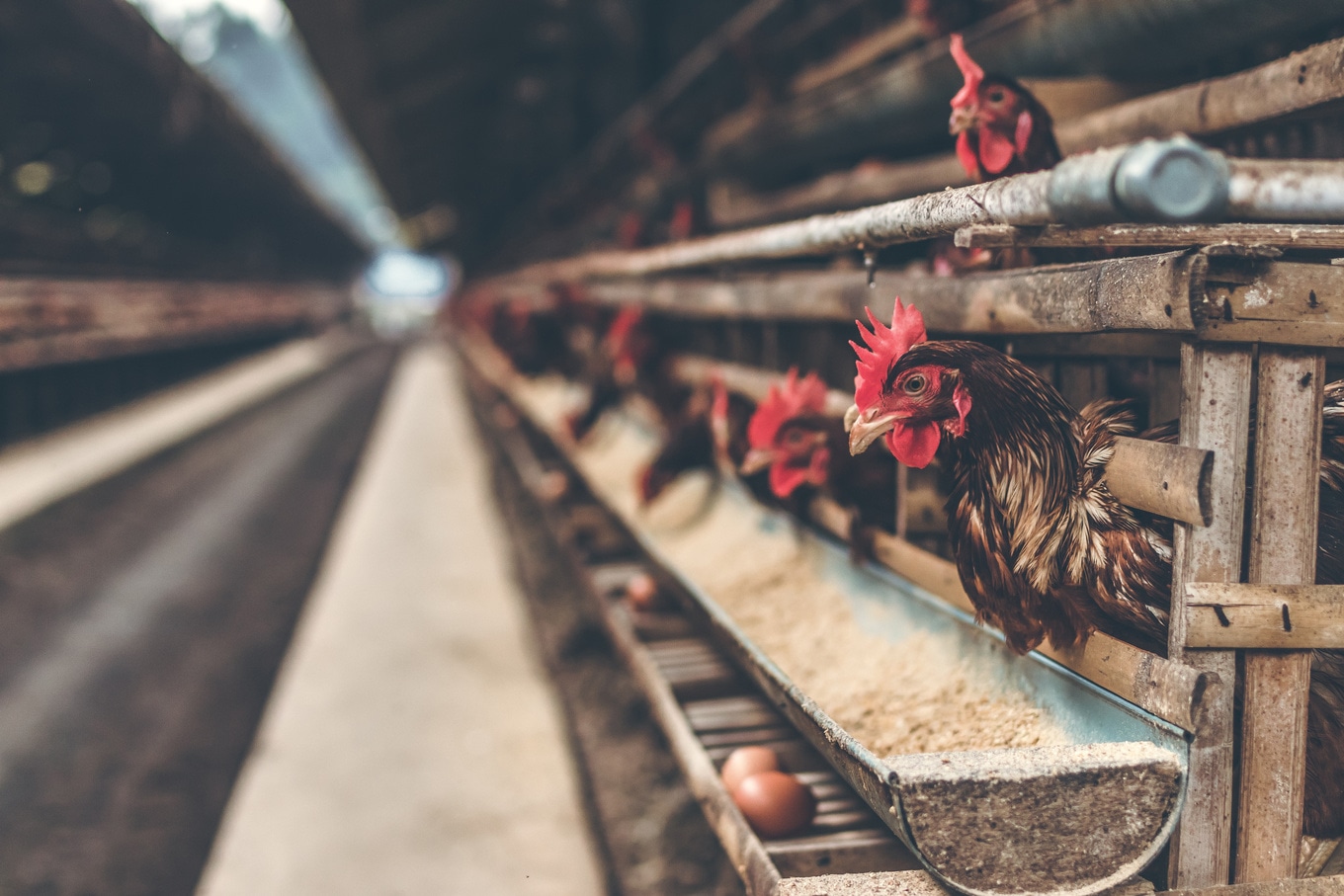 Canva
Canva
How much exactly? Under Prop 12, breeding mother pigs must be provided with at least 24-square-feet of usable space; calves should have a minimum requirement of 43-square-feet of space in their crates; and egg-laying chickens must be given one square foot of space.
“The animal agriculture industry wants to keep legal protections for farmed animals to the barest minimum,” Tracy Reiman, PETA Executive Vice President, tells VegNews. “While it’s good that the court rejected the greedy meat industry’s attempt to block Prop 12’s meager space improvements for pregnant pigs, it will not stop the industry’s relentless attempts to erode even the most minuscule of protections for the animals it exploits.”
“It is now time, more than ever, for animal advocates to push harder to inform the public that there’s no such thing as ‘humane’ meat, eggs, or dairy,” Reiman says.
Also, Reiman explains, other forms of animal cruelty remain legal within the animal agriculture industry. “These absolutely meager space requirements mean little to the animals who are condemned to filthy, crowded sheds; subjected to mutilations and amputations, including of their toes, testicles, and beaks; and sent to slaughter without ever touching grass or experiencing a natural life,” she says. “The only truly humane foods are vegan.”
AO’s Leahy echoes Reiman’s sentiment that consumers looking to avoid contributing to animal cruelty within the agriculture industry can do so by choosing plant-based alternatives to animal products.
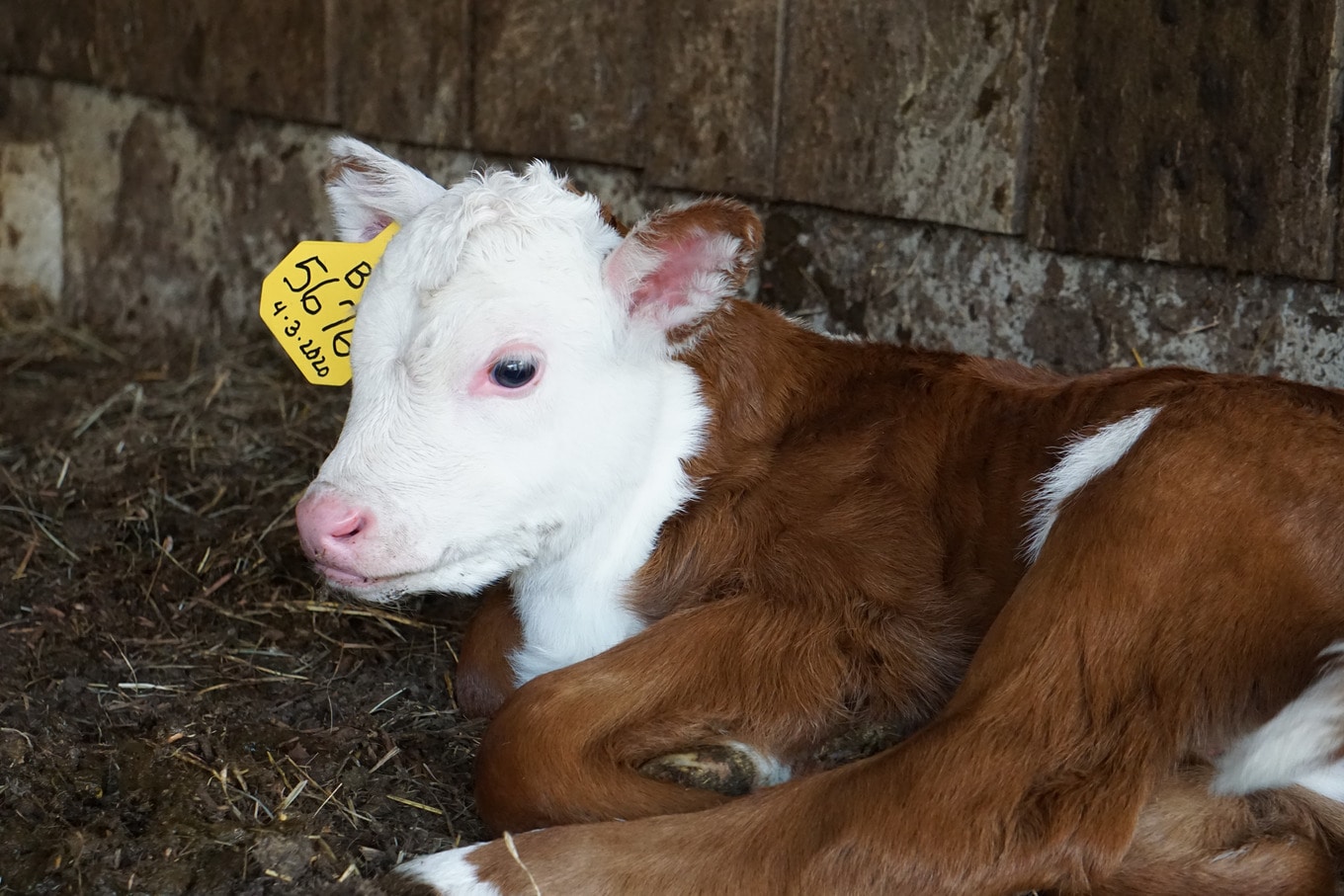 Allison M/Unsplash
Allison M/Unsplash
“We should all recognize two clear truths: animal products rely upon cruelty to exist, and it is our right and our duty to use our power as consumers and as citizens to fight back against these cruel industries by refusing to support them and continuing to push forward to shift our food system away from animal products altogether,” she says.
“Animal cruelty is standard in animal agriculture,” Leahy says. “Consumers can avoid supporting animal cruelty by purchasing vegan foods and supporting and empowering others to do the same.”



